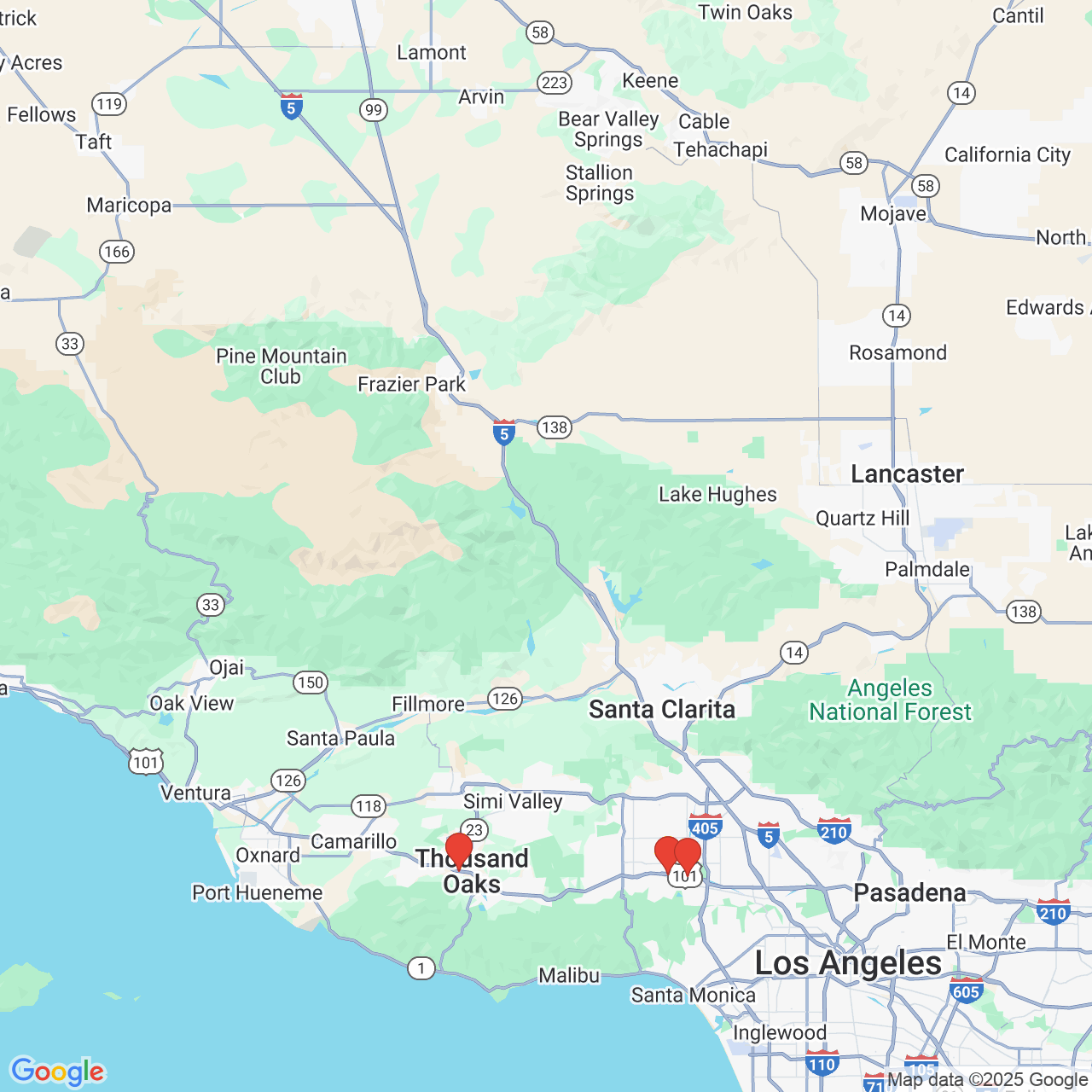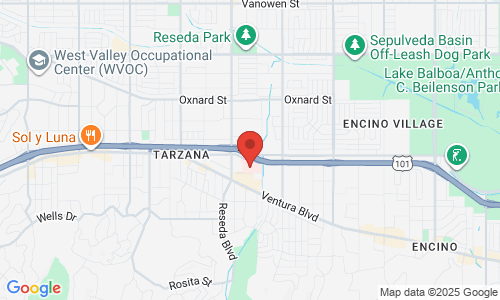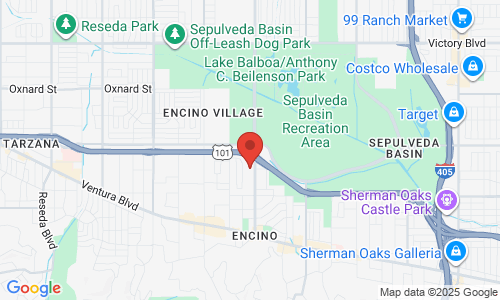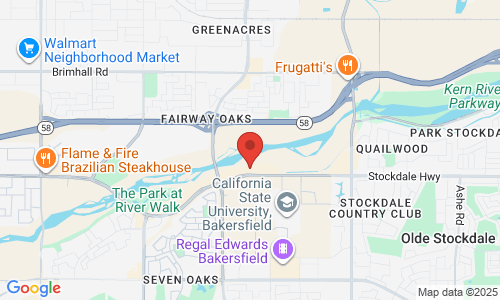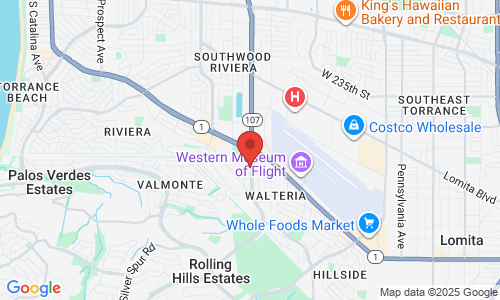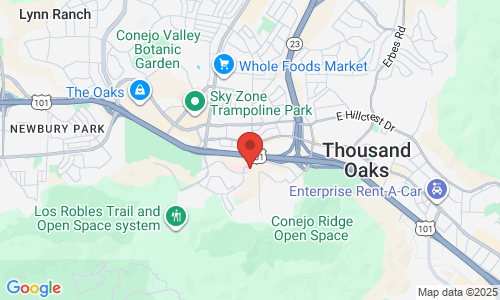What Los Angeles In Vitro Fertilization (IVF) Patients Should Know About Age
 There are many reasons to consider having children and starting a family of your own. It can be challenging, sure, but it can also be extremely rewarding and wonderful as well. This goes for men and women of all ages. Should you have issues conceiving naturally or would prefer to look into other options for starting a family, you can learn a lot more about these matters at your nearest fertility center.
There are many reasons to consider having children and starting a family of your own. It can be challenging, sure, but it can also be extremely rewarding and wonderful as well. This goes for men and women of all ages. Should you have issues conceiving naturally or would prefer to look into other options for starting a family, you can learn a lot more about these matters at your nearest fertility center.
One issue that may come up is the use of in vitro fertilization (IVF) and the age of the woman or women involved. This is a pretty common matter to keep in mind. This can be discussed in greater detail during your visits, but we'd like to go over the basics of this right now.
About In Vitro Fertilization (IVF)
First things first, the basics. In vitro fertilization (IVF) is a procedure in which eggs are harvested from a woman and fertilized in a lab setting. Once successfully fertilized, these embryos are transferred to the womb in order to be carried to term.
Ideal Candidates for In Vitro Fertilization (IVF)
The best candidates for in vitro fertilization (IVF) are women who have had issues with becoming pregnant by natural means for at least one year. They should be in good overall health and have realistic expectations about what IVF can achieve as well as its overall success rates.
Does the age affect in vitro fertilization (IVF) success/effectiveness?
Yes.
It's been found that in vitro fertilization (IVF) is roughly 30% to 40% successful in women who are 34 years old or younger. The rate of success and live birth goes down from age 35 on.
In addition, the chances of birth defects and complications tend to go up as women are older as well. If a patient is over the age of 40, it is very unlikely that a fertility specialist will allow that patient to undergo IVF.
In Vitro Fertilization (IVF) Options for Older Patients
For older women who would like to start a family of their own, there are still in vitro fertilization (IVF) and fertility options to consider. Some of these include:
- Freezing eggs at an early age - By preserving eggs while a woman is in her 20s or early 30s, the eggs can be used at a later time to start a family.
- Using an egg donor - An egg donor is a woman selected by the patient to provide eggs for the IVF procedure.
- Using a surrogate carrier - A surrogate carrier is a woman who will carry the embryo to term herself rather than the biological mother.
- Preimplantation genetic diagnosis (PGD) - PGD will allow fertility specialists to analyze eggs and sperm to see if there are any chances of birth defects.
Learn More About Advanced Fertility Treatments
For more information about in vitro fertilization (IVF) and your many other options out there for starting the family that you have always wanted, be sure to contact our Los Angeles area fertility specialists today. Our team of experts is eager to discuss all treatment options with you so that you can make the best possible decision to meet your goals.


